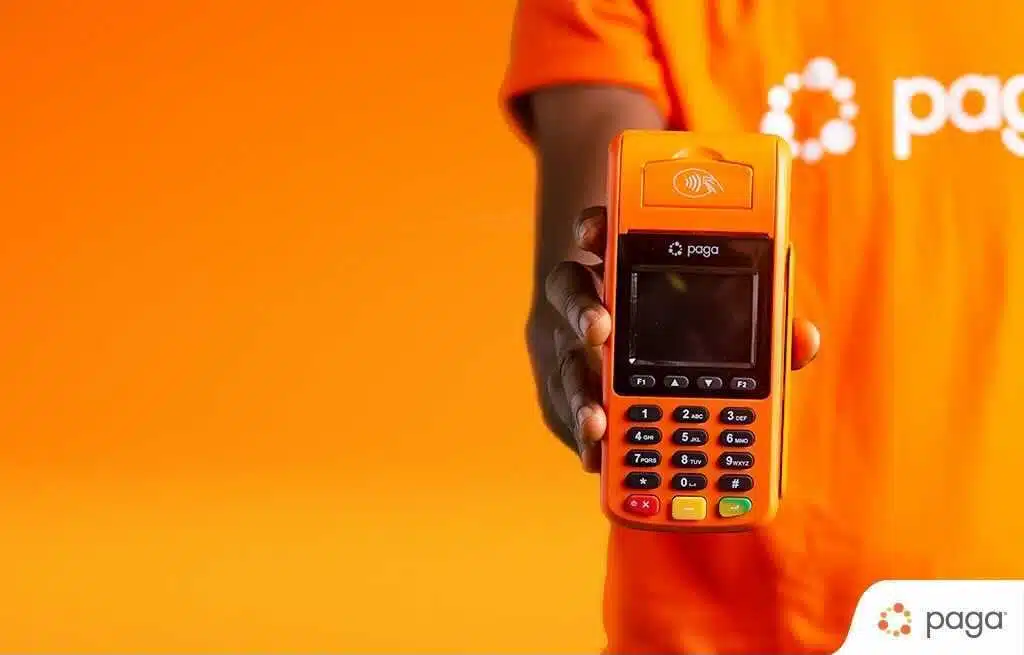The news
- Djibouti Telecom will extend the DARE1 subsea cable from Mombasa, Kenya, to Mtunzini, South Africa, with landings planned in Tanzania, Mozambique, and Madagascar, targeting service by 2028.
- The upgrade is pitched to add capacity, lower latency, and increase route diversity for carriers, enterprises, and cloud providers across East and Southern Africa.
- The move aligns with Djibouti’s long-term play as a continental interconnection hub after years of heavy subsea investment.
Djibouti Telecom is extending the Djibouti Africa Regional Express 1 (DARE1) cable down Africa’s east coast to South Africa — a statement of intent to evolve from a Red Sea gateway into a truly pan-African hub. This project promises additional capacity, lower latency, and more resilient paths for traffic between East and Southern Africa, addressing the needs of carriers, hyperscalers, and enterprise customers.
The extension will run roughly 3,200 – 3,500 km from Mombasa to Mtunzini, adding landings in Tanzania, Mozambique, and Madagascar. Work is slated to begin next year, and is expected to be ready for service in 2028. The existing DARE1 system counts Hormuud Telecom Somalia, Somtel International, and Telkom Kenya among backers.
East Africa’s recent outages exposed how fragile regional connectivity can be when traffic depends on a handful of routes. In May 2024, simultaneous faults on EASSy and SEACOM disrupted service from Kenya to Tanzania, while other incidents have periodically hit traffic across the corridor. More subsea capacity and diverse paths reduce single-point risks and improve performance for everything from cloud workloads to streaming and fintech.
The extension also fits into Djibouti’s broader investment thesis. Over the past decade, the country has poured $200m+ into a dozen cables and aligned with regional programmes like the Eastern Africa Regional Digital Integration Project, which aims to extend affordable broadband and digital trade links — especially critical for neighbours like landlocked Ethiopia.
Competition is intensifying. On the west and south Atlantic rims, Google’s Equiano has been landing in multiple markets, while Meta-backed 2Africa continues to ring the continent — Bayobab landed segments in Ghana and Nigeria in 2024.
For Kenya, where Safaricom has sought cable-landing rights, DARE1’s southward push keeps the Mombasa hub central to African Internet routes even as new systems arrive.











